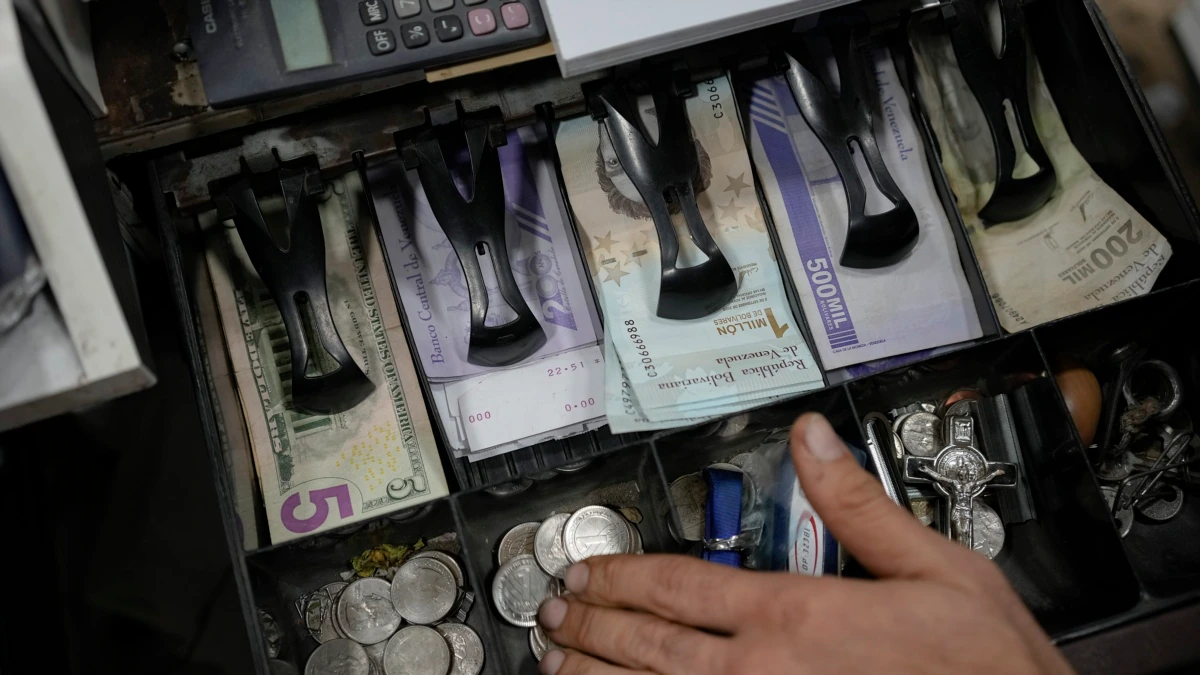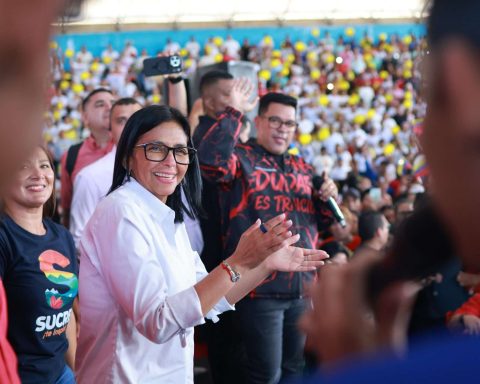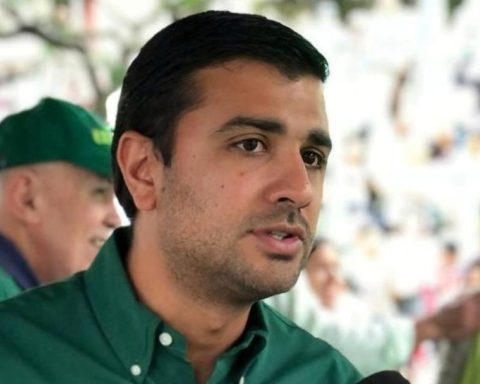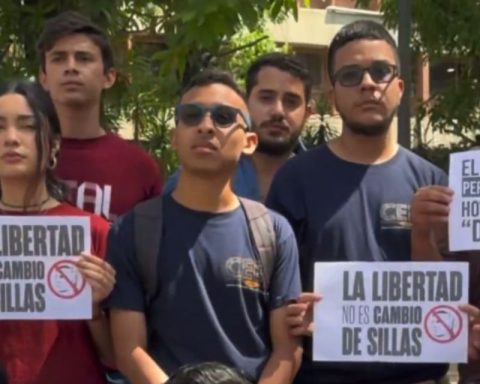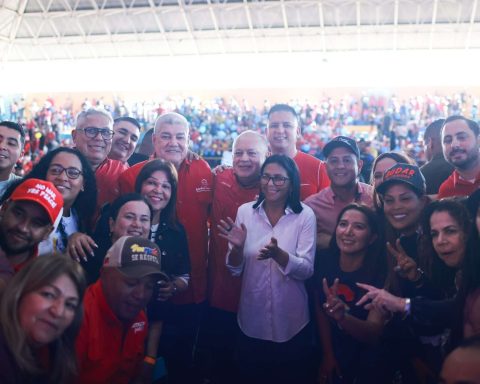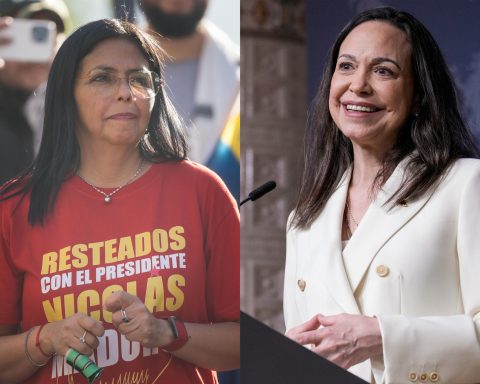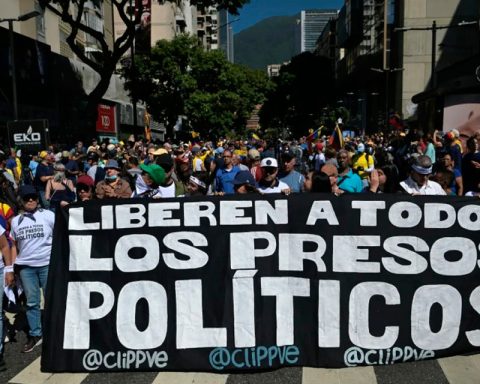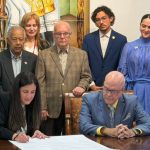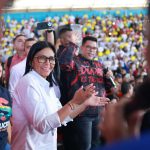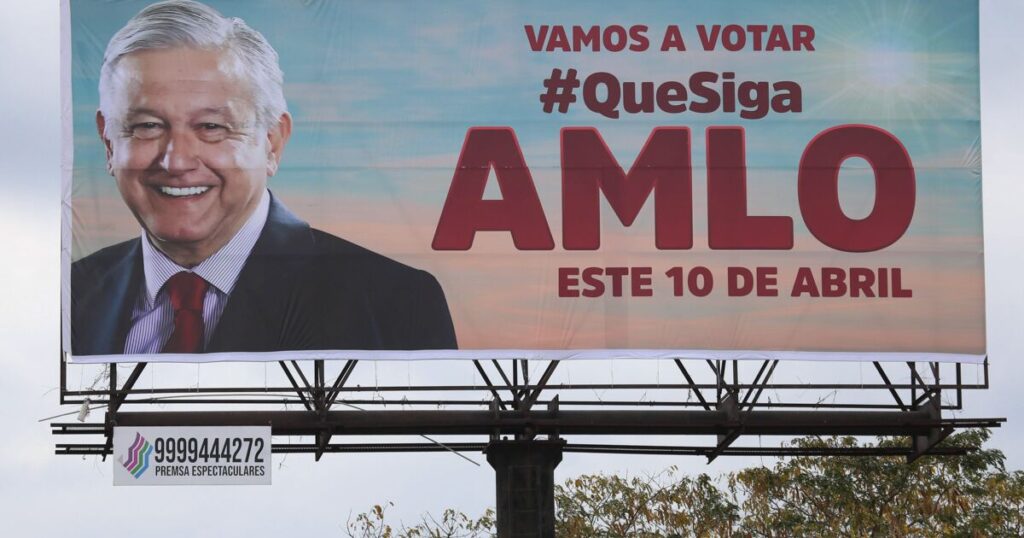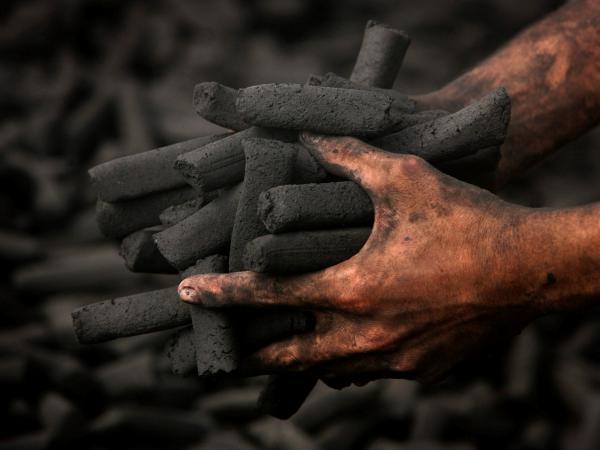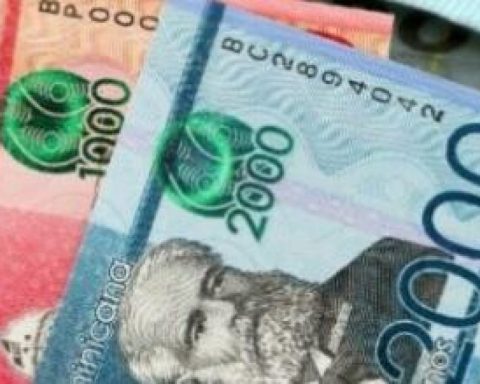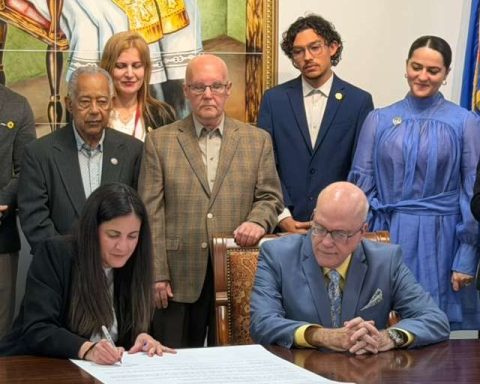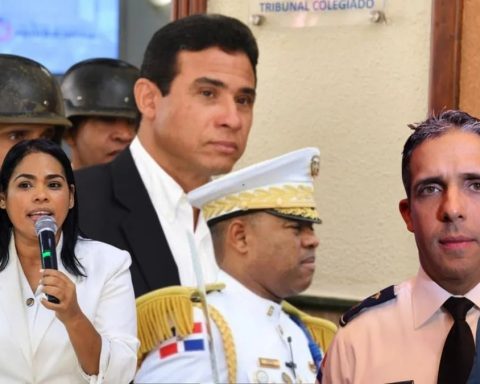The institutional deterioration, corruption and public policies of the Venezuelan State, including excessive price controls, have caused “serious violations” of the right to food in Venezuela, says a report.
This, according to the non-governmental organizations Venezuelan Program for Education and Action in Human Rights (PROVEA) and the International Federation for Human Rights (FIDH), has caused high levels of malnutrition among the population.
The effects of the crisis have been “devastating” in terms of the food and nutritional situation: the prevalence rate of undernourishment, which between 2011 and 2013 was less than 2%, reached 31% between 2017 and 2019, said the sociologist and Provea research coordinator, Lissette González, citing figures from the FAO.
30% of the children evaluated have stunted growth, a product of chronic malnutrition, according to data from Cáritas corresponding to May 2021.
“These figures show that the process of deterioration of food security in Venezuela has been drastic and prolonged, and will also have an effect with permanent consequences,” González said when presenting the report “You don’t play with food: Serious violations of human rights to food in Venezuela”.
Although the origin of the economic and social crisis in Venezuela has to do with economic and social policy decisions in general, the international sanctions implemented since 2017 “aggravated” the situation, the researchers explain.
“The impact was greater with the imposition of measures against the oil industry, which not only generated a decrease in the income of the Venezuelan State, but also reduced the internal availability of fuel, which had a severe impact on the production and distribution of food. ”, indicated Gonzalez.
In this sense, Jimena Reyes, director of the International Federation of Human Rights for the Americas (FIDH), called for a review of the sanctions that have aggravated the pre-existing crisis.
“We ask third States, in particular the United States, to thoroughly review financial sanctions (…) requiring that they expressly provide exceptions to transactions for humanitarian purposes, sectoral sanctions that limit access to fuel and other essential actors to the production and distribution of food must be revoked”, he stressed.
On several occasions, officials of the Venezuelan State have blamed unilateral coercive measures as the cause of the crisis that the country is experiencing.
Reyes insisted on the need for the issue of food insecurity to be prioritized in the context of the resumption of negotiations between the opposition and the government recently announced by President Nicolás Maduro.
“We also ask the State to reactivate the food system, including policies that impact food production, the food market, social policies that can strengthen the purchasing power of the population and favor adequate food,” said the lawyer.
For 14 years, the Venezuelan State has stopped publishing statistics on the nutritional situation and, despite the researchers’ efforts to obtain comments from officials to guarantee the “objectivity” of the report, “it was not achieved.”
Since 2013, symptoms of crisis were observed in Venezuela that were accentuated until reaching critical levels between 2014 and 2018, but after the formal dollarization of the economy, in recent years the shortage of “all items” has decreased, but “a cost of a significant increase in basic products” and of increasing inequalities.
The real value of wages has fallen considerably as a result of hyperinflation, generating massive impoverishment, which, according to the most recent Survey of Living Conditions (Encovi), reaches 94.5% of the population.
The researchers explained that the food context is the main cause of the migratory wave that already exceeds 6 million Venezuelan refugees and migrants, according to UNHCR data, a figure that Maduro denies.
Connect with the Voice of America! Subscribe to our channel Youtube and turn on notifications, or follow us on social media: Facebook, Twitter and Instagram.
